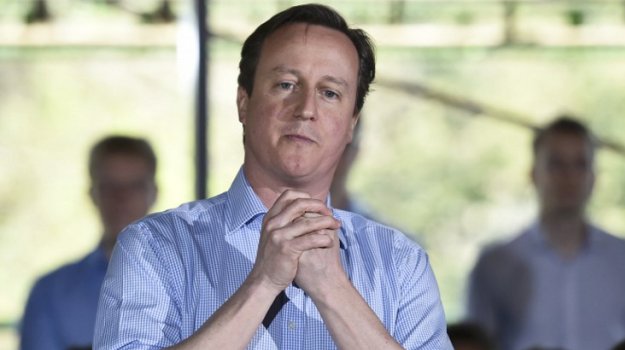The largest food bank network in Britain, The Trussell Trust, said those relying on their food bank supplies rose to one million last year - almost half of them children. "Despite welcome signs of economic recovery, hunger continues to affect significant numbers of men, women and children in the UK today," said Trussell Trust UK food bank director Adrian Curtis.
"It's difficult to be sure of the full extent of the problem as Trussell Trust figures don't include people who are helped by other food charities or those who feel too ashamed to seek help." The rise follows years of steep increases in those using food banks, from 130,000 people in 2011-2012 to 913,000 in 2013-2014. The numbers do not include other charities and churches that run food banks.
"I have an 18-month-old son and an eight-year-old stepson, I work part time as a teacher and my husband has an insecure agency contract," said one qualified teacher who relies on help from food banks. "There are times when he doesn't get enough hours of work, and we really struggle to afford food and pay the bills. The food bank meant we could put food on the table."
In a letter to Cameron, Labour's shadow work and pensions secretary Rachel Reeves called the 618 percent rise in emergency food aid users in the last three years "shocking". "I am writing to ask if you will join Labour in pledging to reduce the number of people in the UK relying on food banks in the next parliament," Reeves wrote. "I'm sure that you'll agree with me that in the 21st century no one should have to rely on charity to feed their family. Food banks should never become a permanent feature of our society."
Labour has accused Cameron's centre-right Conservative party of leaving poorer people behind during his five years in office. Labour leader Ed Miliband has pledged to increase the minimum wage and end so-called "zero hours contracts", under which employees have no minimum guaranteed hours, to raise living standards.
In response, a Conservative spokesman said that the party was helping people out of poverty by getting them into employment and "tackling welfare dependency". "The best way to help people support themselves and their families is to stick to our long-term economic plan which is creating more jobs," the spokesman said.
The Labour and Conservative parties are neck-and-neck in polls just over two weeks from the election, with 35 percent support each according to a BBC aggregate of surveys.









